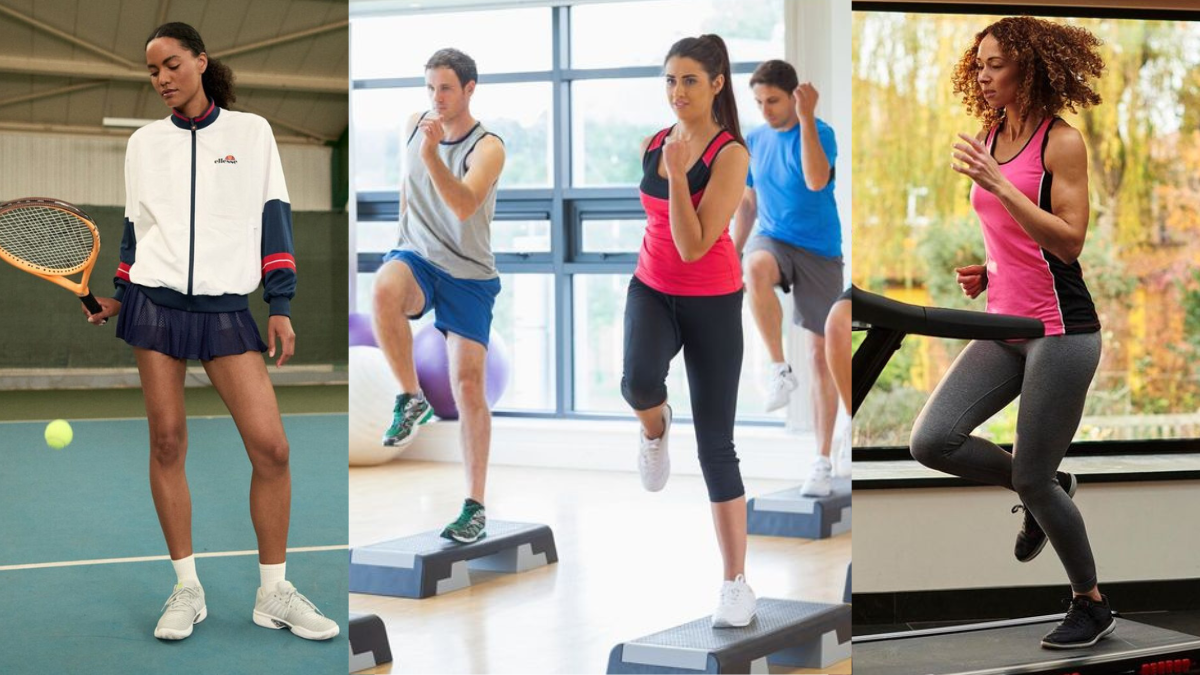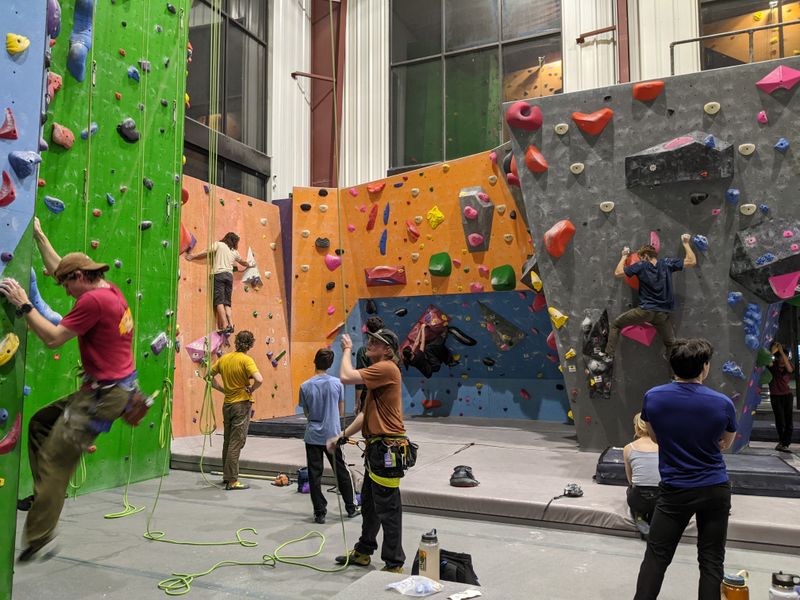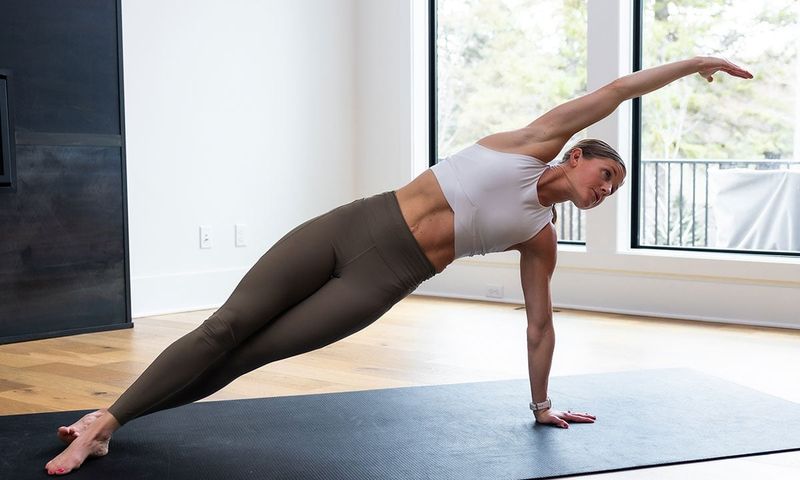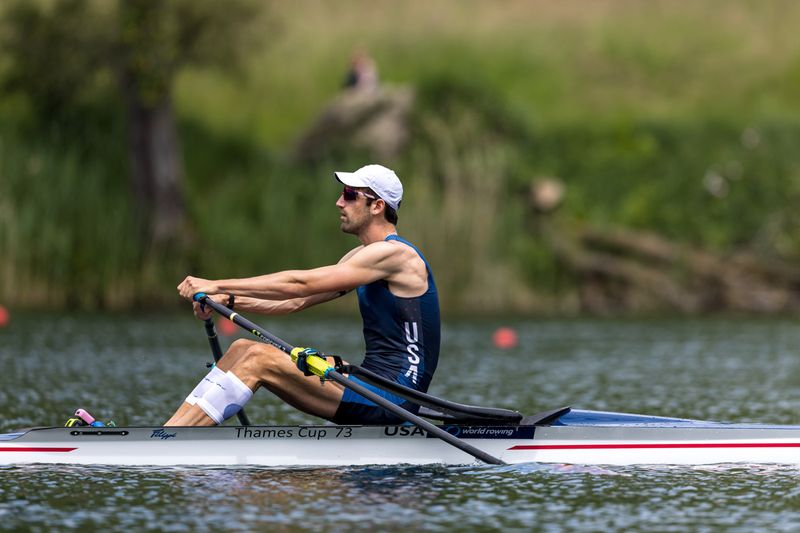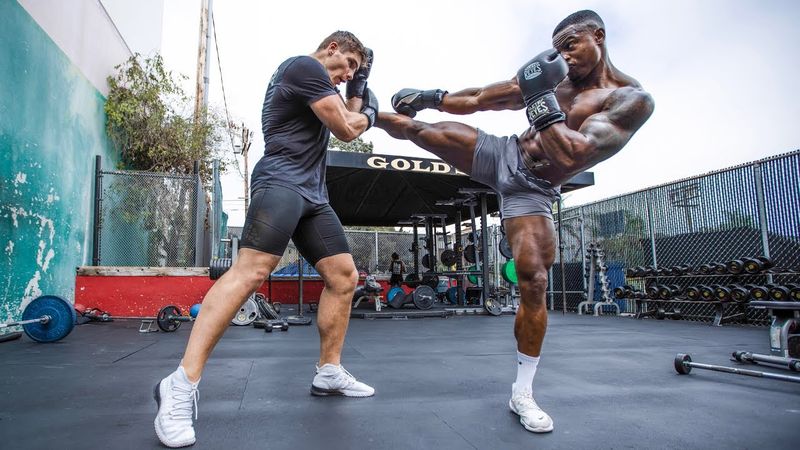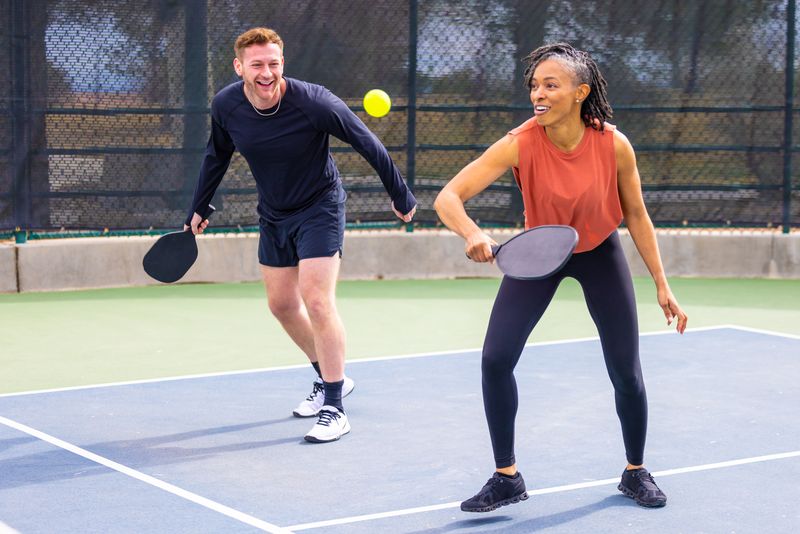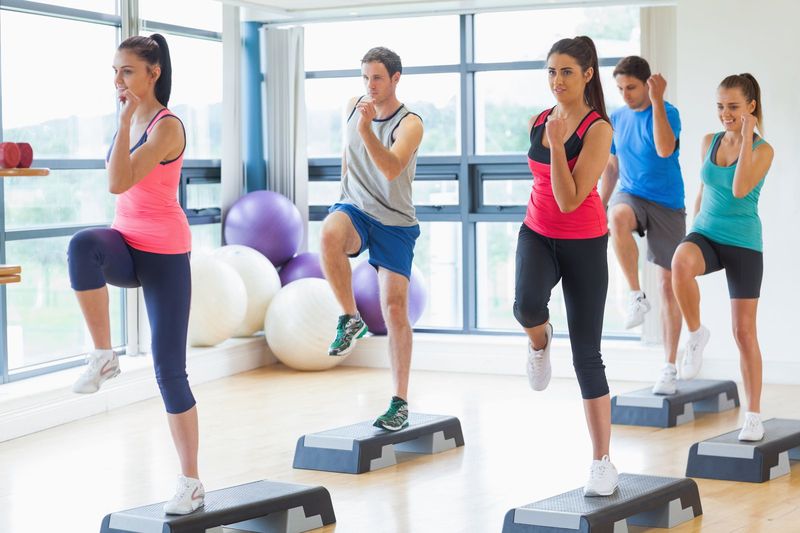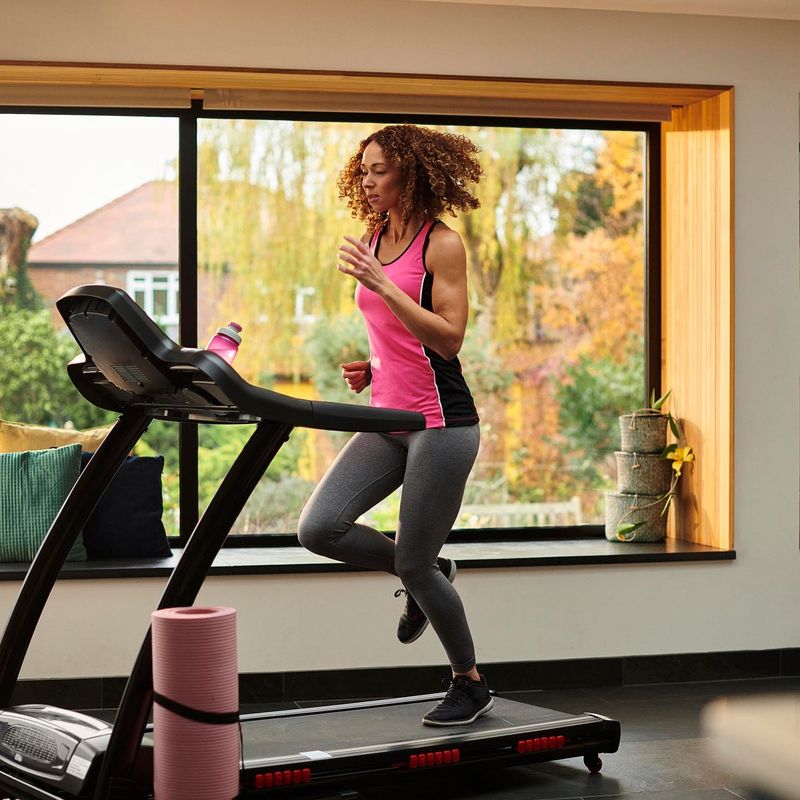Choosing the right shoes for fitness isn’t just about style—it’s about performance, support, and injury prevention. Each activity demands a specific type of footwear to ensure you’re maximizing comfort and efficiency.
From running to weightlifting, having the right pair of shoes can make all the difference in your fitness journey!
1. Running Essentials
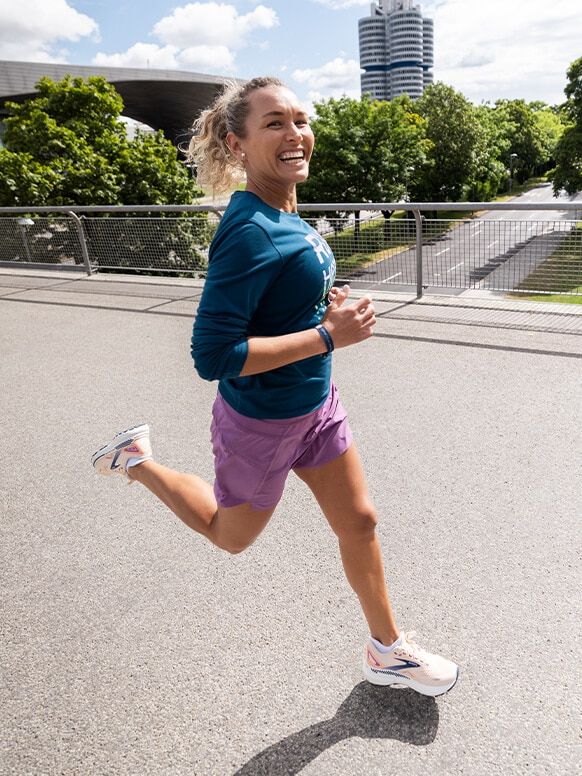
Running requires shoes designed to absorb impact and provide stability. Look for running shoes with cushioned soles, lightweight construction, and arch support tailored to your gait. Proper running shoes reduce the risk of shin splints, joint pain, and overpronation, making long distances more comfortable.
Brands like Brooks or ASICS offer a range of options for both beginners and seasoned runners. Don’t forget to replace your running shoes every 300–500 miles to maintain optimal performance. Investing in the right pair ensures every mile is a step in the right direction.
2. Weightlifting Power
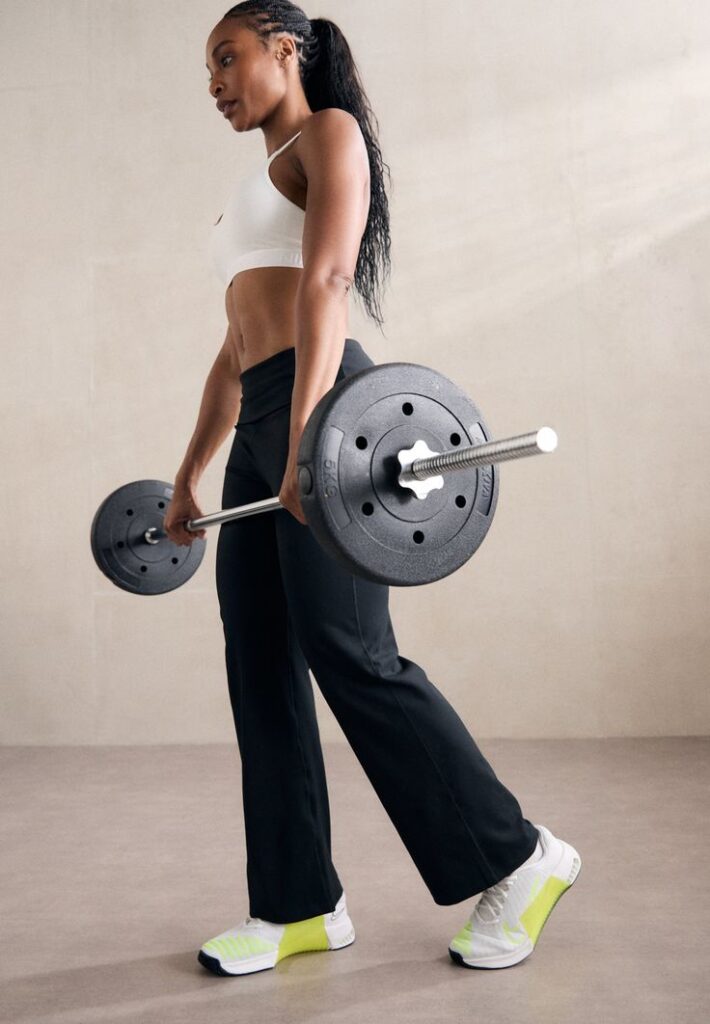
When it comes to weightlifting, stability is key. Shoes with a flat, firm sole like Nike Metcons or Adidas Powerlift provide a solid foundation for heavy lifts. Elevated heels in some weightlifting shoes help improve squat depth and maintain proper posture.
Unlike running shoes, which are designed to absorb impact, lifting shoes prioritize firm ground contact for better force transfer. They also reduce the risk of slipping during intense lifts. For anyone serious about strength training, weightlifting shoes are an essential piece of gear.
3. Court Performance
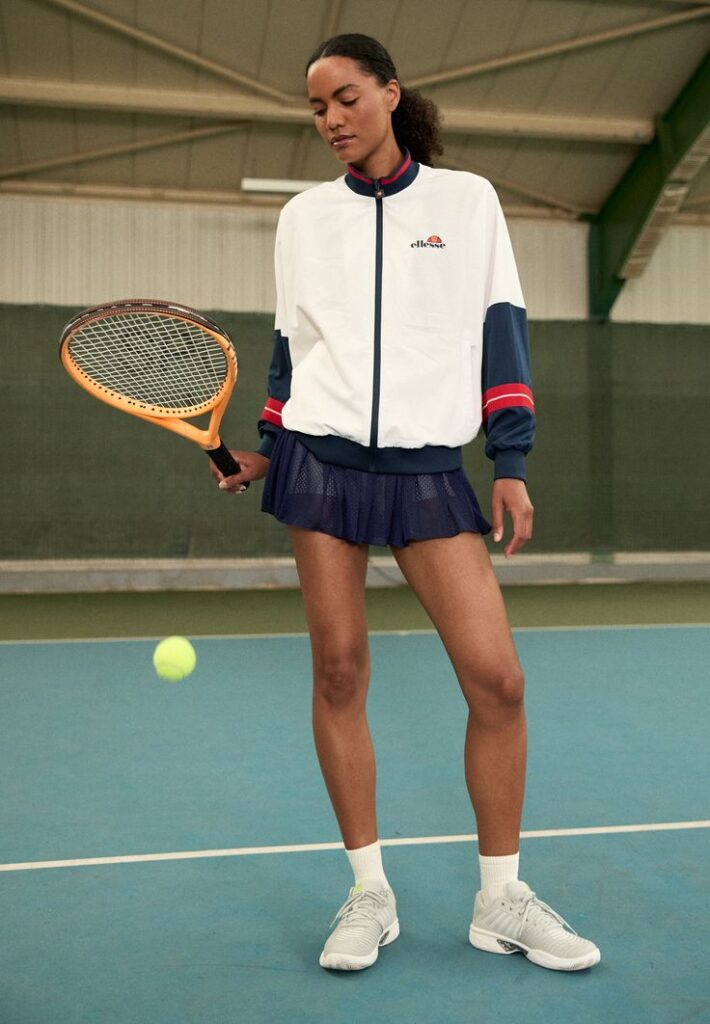
Sports like basketball, tennis, and volleyball demand shoes that can handle quick directional changes and provide ankle support. Basketball shoes, such as Nike LeBron’s, feature high tops for added ankle stability and shock absorption.
Tennis shoes, like those from Wilson or K-Swiss, have reinforced soles for lateral movements and traction on court surfaces. Volleyball shoes are lightweight with extra cushioning to support jumping and landing. Each type is appropriately tailored, ensuring peak performance and reduced injury risk.
4. Trail Adventures
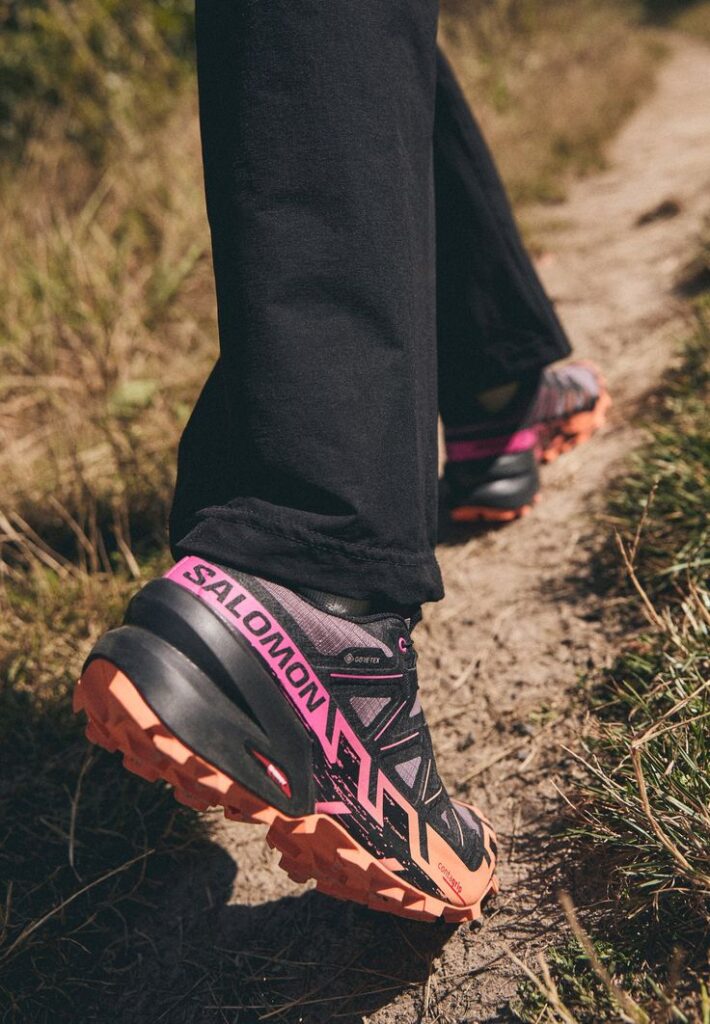
Trail running or hiking requires shoes built for rugged terrain. Shoes like Salomon Speedcross or Merrell Moab feature aggressive treads and durable materials to handle uneven surfaces. Waterproof options are also a must for wet or muddy trails.
These shoes offer enhanced ankle support to prevent sprains and provide cushioning for long treks. Unlike standard running shoes, trail footwear is designed to grip rocks, dirt, and loose gravel, keeping you steady on unpredictable paths. A good pair of trail shoes is a must-have for outdoor enthusiasts.
5. Cross-Training Versatility
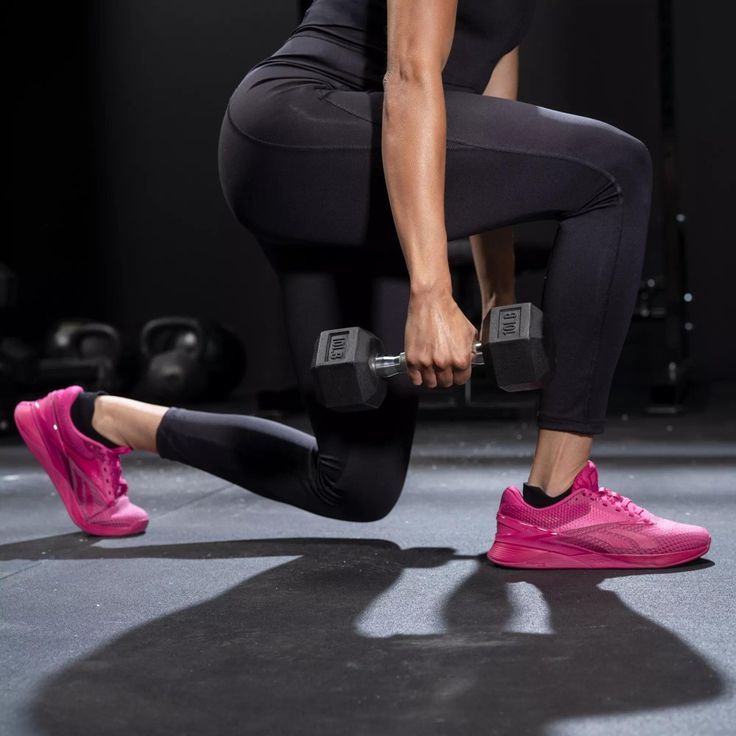
For activities like CrossFit or HIIT, you need versatile shoes that can handle jumping, running, and lifting. Cross-training shoes like Reebok Nanos or Under Armour Tribase Reign offer a blend of cushioning and stability.
Their durable soles provide grip during lateral movements, while reinforced uppers keep your feet secure. They are designed to adapt to various activities, making them perfect for dynamic workouts. By wearing the right cross-trainers, you can tackle any routine with confidence and comfort.
6. Cycling Specifics
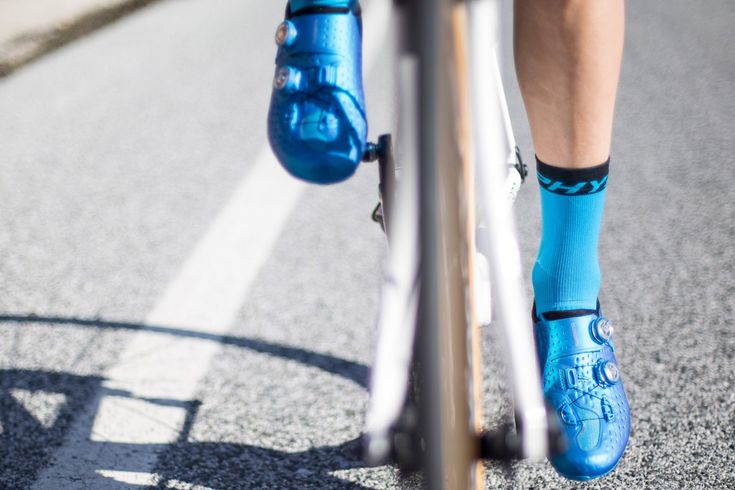
Cycling requires shoes that optimize power transfer and provide support for extended rides. Clip-in cycling shoes like Shimano or Peloton models connect directly to the bike pedals, ensuring maximum efficiency with every stroke. They feature stiff soles to prevent energy loss and keep your feet aligned.
For indoor cycling, spin shoes with breathable uppers and adjustable straps ensure a secure fit. Whether on the road or in a studio, the right cycling shoes enhance performance and reduce fatigue.
7. Walking Comfort
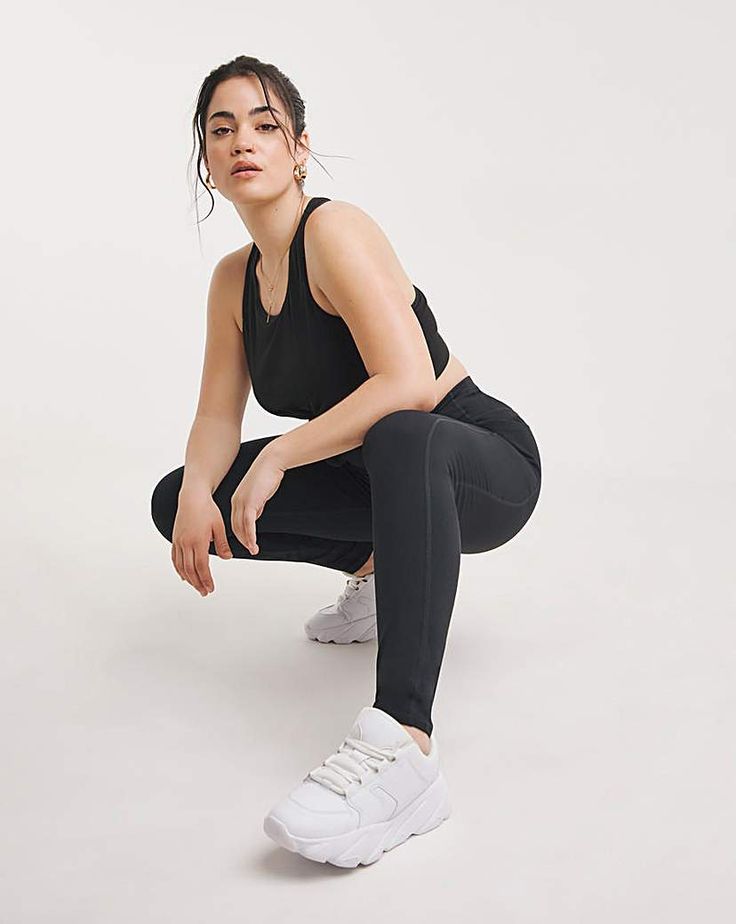
Walking might seem straightforward, but it still demands the right footwear. Walking shoes like Skechers GoWalk or New Balance 577 provide cushioning and arch support for extended periods. They are lightweight, with flexible soles that promote natural foot movement.
The proper shoes can help prevent common issues like plantar fasciitis or joint pain. Whether you’re power walking or taking a stroll, the right pair keeps you moving comfortably mile after mile.
8. Dancing Dynamics
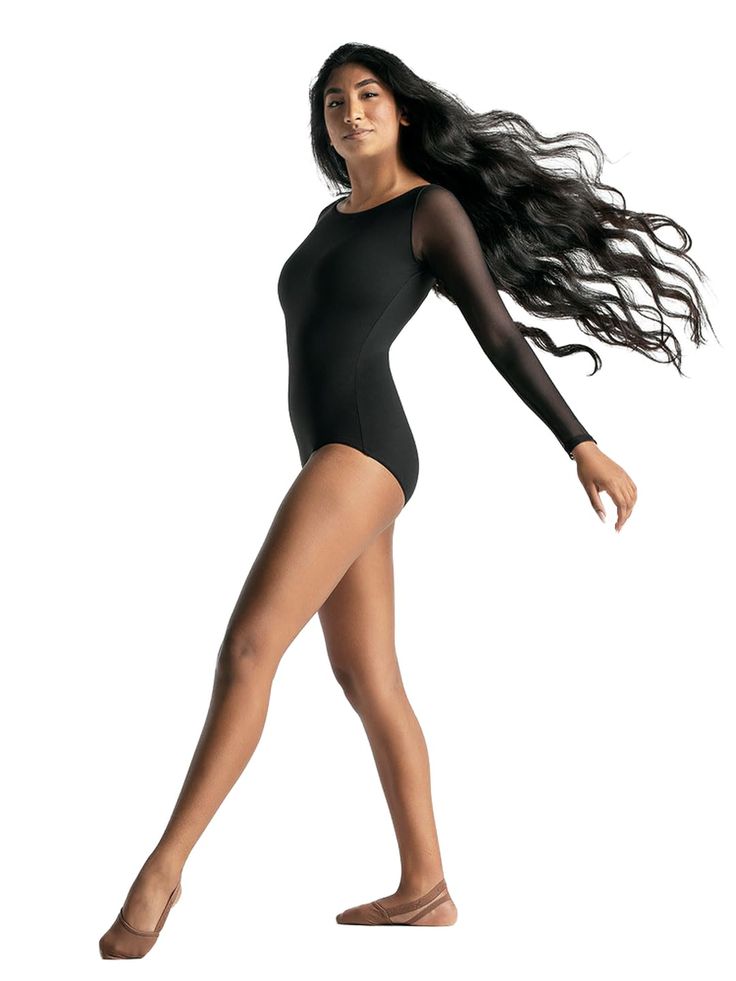
From ballet to Zumba, dance activities require specialized shoes for balance and flexibility. Ballet slippers, like those from Capezio, provide a snug fit for precision and control. Jazz shoes or split-sole sneakers, such as Bloch’s, support turns and jumps while ensuring proper traction.
For high-energy classes like Zumba, lightweight dance sneakers absorb impact and keep you light on your feet. The right shoes enhance your movements, letting you focus on rhythm and expression.
9. Water Activities
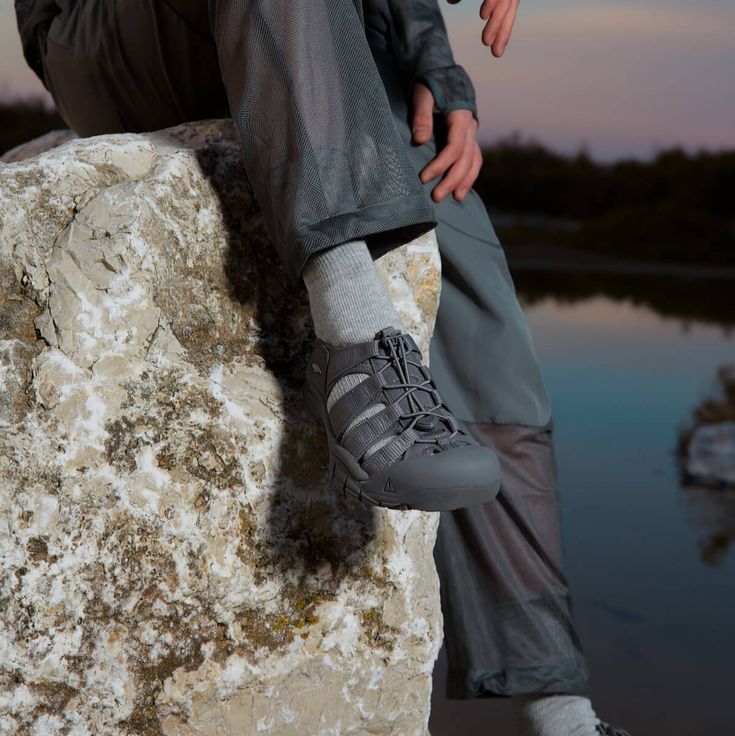
Water-based fitness, such as aqua aerobics or kayaking, calls for water shoes that dry quickly and offer grip. Shoes like Speedo Surfwalkers or Keen Newport H2 provide excellent traction on wet surfaces. Their breathable designs prevent blisters and ensure your feet stay comfortable in and out of the water.
Water shoes also protect against sharp rocks and debris during outdoor activities. They’re an essential accessory for any aquatic adventure.
10. Golf Precision
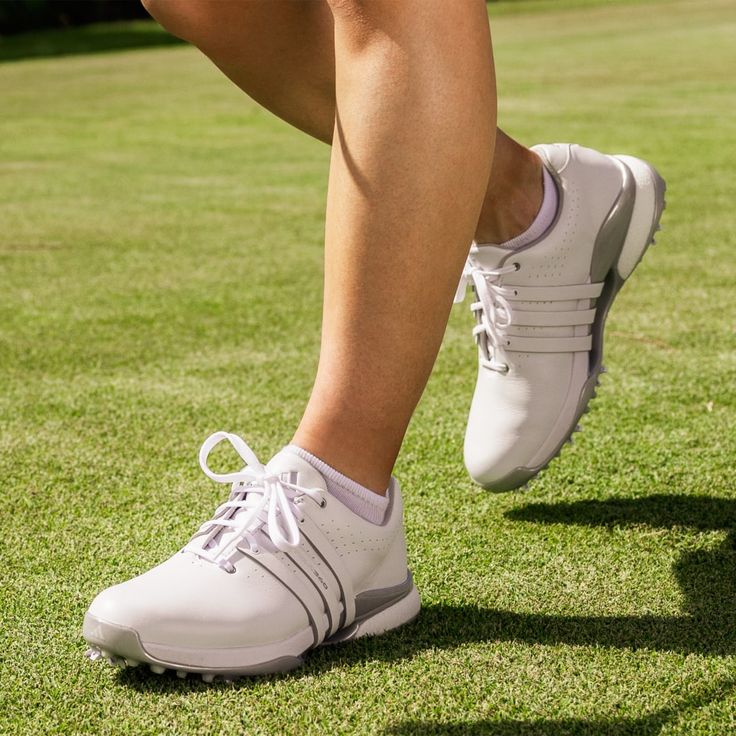
Golfers benefit from shoes that provide stability and traction on varied terrain. Golf shoes like FootJoy Pro SL or Adidas Tour360 feature spiked or spikeless designs for grip on the green. Cushioned soles and waterproof materials keep you comfortable and dry throughout your game.
Proper golf shoes improve your stance and swing mechanics, giving you an edge on the course. A good pair ensures both style and performance as you perfect your game.
11. Indoor Climbing or Bouldering
Picture this: you’re halfway up an indoor climbing wall, and your feet start slipping. Regular trainers just won’t cut it here. Climbing shoes are designed to enhance toe strength and wall contact. These shoes fit snugly, allowing for precision on tiny holds and improving overall grip.
The rubber soles of climbing shoes are sticky like gecko feet. Without them, climbing becomes a slippery challenge rather than a calculated ascent. If you’re serious about scaling new heights, investing in proper climbing footwear is non-negotiable.
12. Barre and Pilates
Imagine flowing through a barre routine but feeling unstable. Though some prefer barefoot, minimalist shoes or specific barre footwear enhance support. These shoes offer lightweight assistance to improve arch support and stability during intricate movements.
The grip from these shoes helps maintain balance during tricky footwork. It’s more than a fashion statement—proper shoes can elevate your barre or Pilates experience, making every movement fluid and confident.
13. Rowing (Indoor or Outdoor)
Rowing demands power and precision, and the right shoes make a difference. With firm, flat soles, rowing shoes improve power transfer and foot placement. Whether you’re on a machine or a boat, the footwear ensures each stroke is effective.
These shoes allow for a seamless push phase, reducing the risk of injury. For those serious about their rowing technique, investing in proper shoes is more than just a step—it’s a stroke in the right direction.
14. Martial Arts & Kickboxing
Kickboxing and martial arts are about agility and precision. Wearing the right shoes provides flexibility and grip. Specialized martial arts or lightweight training shoes prevent foot strain, offering the freedom to pivot and kick without restriction.
Imagine executing a swift kick, only to slip due to improper footwear—that’s an avoidable mishap. With the right shoes, your feet move as an extension of your legs, effectively supporting your martial arts journey.
15. Pickleball & Paddle Sports
Pickleball might seem casual, but it’s a fast-paced game that demands the right shoes. Court shoes with lateral support and durable soles are essential. They handle quick direction changes and provide stability during intense rallies.
Without proper footwear, you risk twisting an ankle or losing speed. These shoes offer protection and enhance agility, making them necessary for anyone serious about their paddle sports performance.
16. Step Aerobics
Step aerobics is high-energy and repetitive, putting strain on knees and ankles. Shoes with shock-absorbing soles and lateral stability are crucial. They cushion impacts and provide support during vigorous movements.
Imagine stepping up and down, only to feel discomfort from inadequate footwear. Proper shoes transform the workout, minimizing pain and maximizing enjoyment, ensuring each step is safe and effective.
17. Treadmill Training
Not all running shoes are created equal. Treadmill training requires shoes with specific cushioning and stride support. These factors accommodate the unique demands of running on a treadmill.
Imagine running miles indoors without the right support—it can lead to unnecessary strain. Treadmill-specific shoes ensure comfort and efficiency, making each run smoother and more enjoyable.

